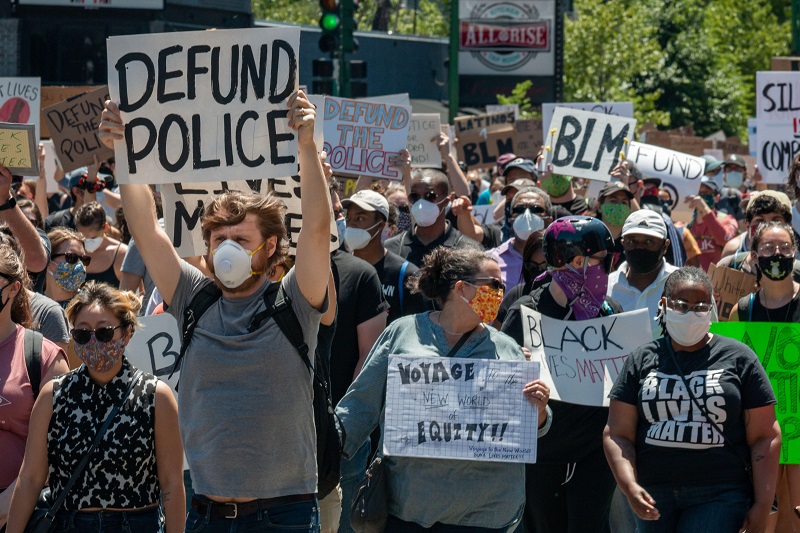
In 2020, Edward Bronstein, whose autopsy showed “extreme methamphetamine intoxication” died while being restrained during a blood draw for a driving under the influence arrest. Seven California law officers and one nurse were charged with manslaughter.
In 2019 Mario Terruso, arrested after he wandered into a home incoherent and with a warrant for failure to pay child support, died while in custody at the Atlantic County Justice Facility in New Jersey. Two correctional officers were charged with manslaughter for failing to render appropriate aid to the man.
Five years after Willie Marable of Portsmouth, VA was shot during the investigation of a reported armed home invasion by a Portsmouth officer, the officer was charged by a grand jury of involuntary manslaughter.
These are just a very small sampling of law enforcement officers charged criminally for deaths that occur during police action while on duty. The outcomes of these cases can be lengthy prison sentences, astronomical legal costs, and loss of careers. Many officers who are charged and are given a jury trial are found not guilty, and many who are sued are found not liable. The key to all of this is that due process applies to all and the justice system with all of its potential flaws is at work.
For those who claim that officers kill without consequences, the reality is quite different. American law enforcement has the highest degree of accountability imaginable in any profession, even before the era of body-worn cameras.
Police officers are subject to criminal prosecution if their actions exceed the limitations and allowances of governing statutes. An arrest becomes unlawful restraint and assault if unjustified. A violation of a Constitutionally or other federally guaranteed right can result in criminal prosecution on the federal level for a civil rights offense. Since the same event might be alleged to violate both federal and state law, charges can be brought at both levels since each is a sovereign jurisdiction, and therefore double jeopardy does not apply.
Police officers are subject to lawsuits for damages from a violation of law, policy, or reasonableness in state court. An alleged violation of civil rights can be the basis for a suit for damages in federal court. Again, these actions can occur in both levels of jurisdiction.
In addition to these four levels of accountability, an officer faces punitive action from their employer. An officer may be fired, demoted, barred from promotion, transferred to an undesirable assignment, be required to work unpaid, or lose leave days. Loss of the job can forfeit earned retirement and the loss of certification barring them from the profession for life.
Officers who engage in unlawful conduct need no sympathy for being subject to the legal consequences of their actions. The tragedy of unjust prosecution, as it would be with any other citizen, is that punishment happens regardless of innocence in many official ways.
The stigma of accusation and all of the initial inflammatory media attention can remain despite any declaration of innocence by a jury or investigative body. A finding of no basis for a charge or a jury’s decision of not guilty is often met with cries of injustice or privilege and refused by those whose minds were made up and not to be deterred by the facts.
The psychological cost of enduring exhaustive inquiries, the moral repugnance of taking a life even in the most demanding circumstances, the financial burden of defense, and the stress on family and friends that often results in isolation are incalculable costs.
There are many courts, many prosecutors, and many defense attorneys who have far too little knowledge or give far too little attention to the science inherent in use of force cases. The biological limitations of the human brain and body, the chaotic circumstances, the physics of time and distance, and the lethality of threats are not adequately presented in many court proceedings. The public’s awareness of lethal encounters comes from entertainment venues, not the dynamics of the real world. Unrealistic expectations of superhuman exploits and precision movements are not aligned with the chaos of a deadly interaction.
The public wants and, indeed, deserves a high level of accountability of police officers. The evidence is that accountability could hardly be greater than the present system.